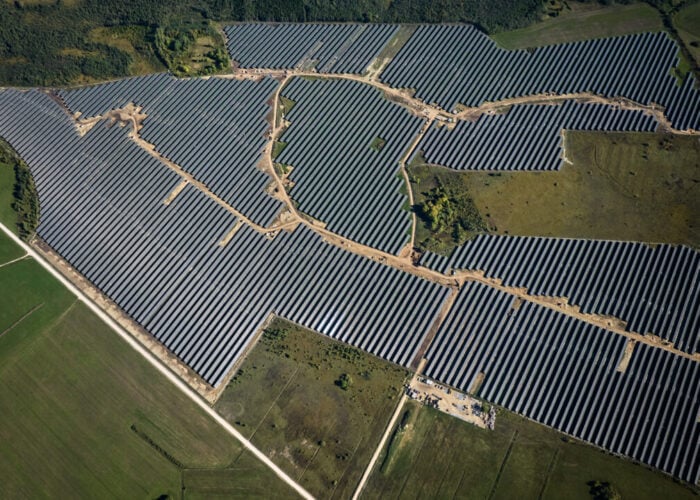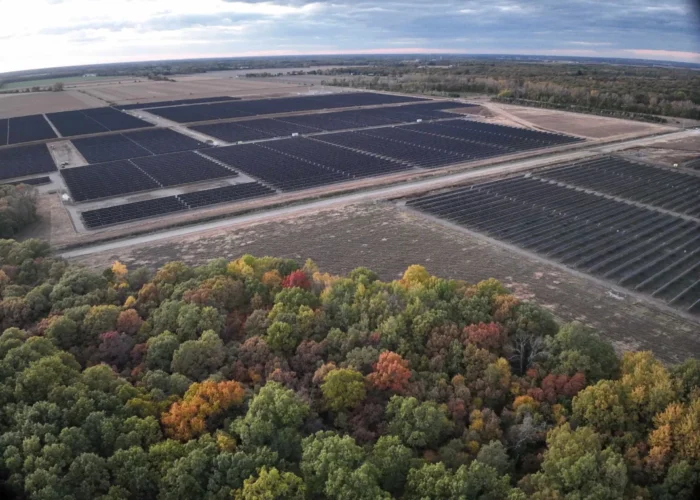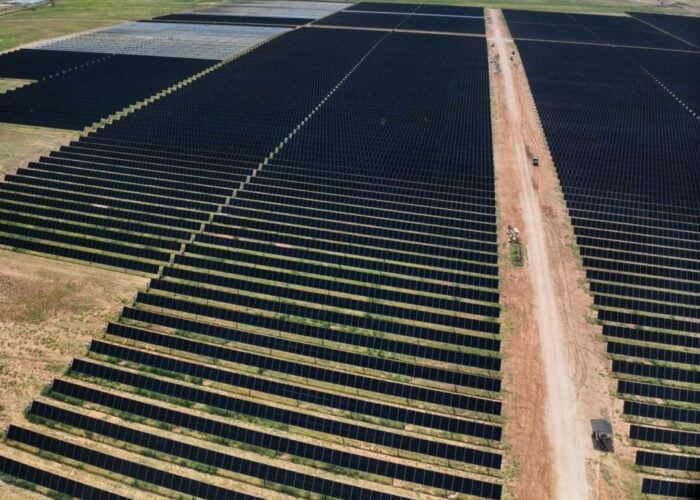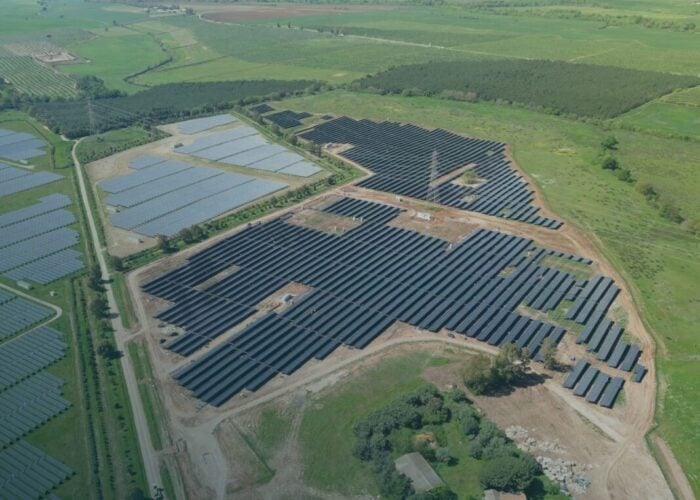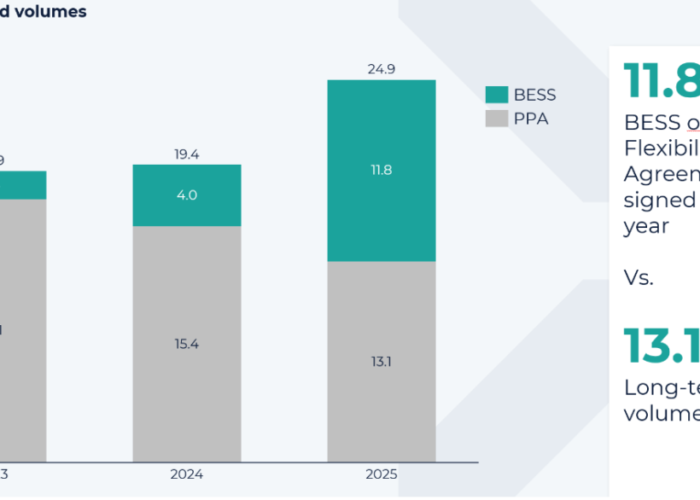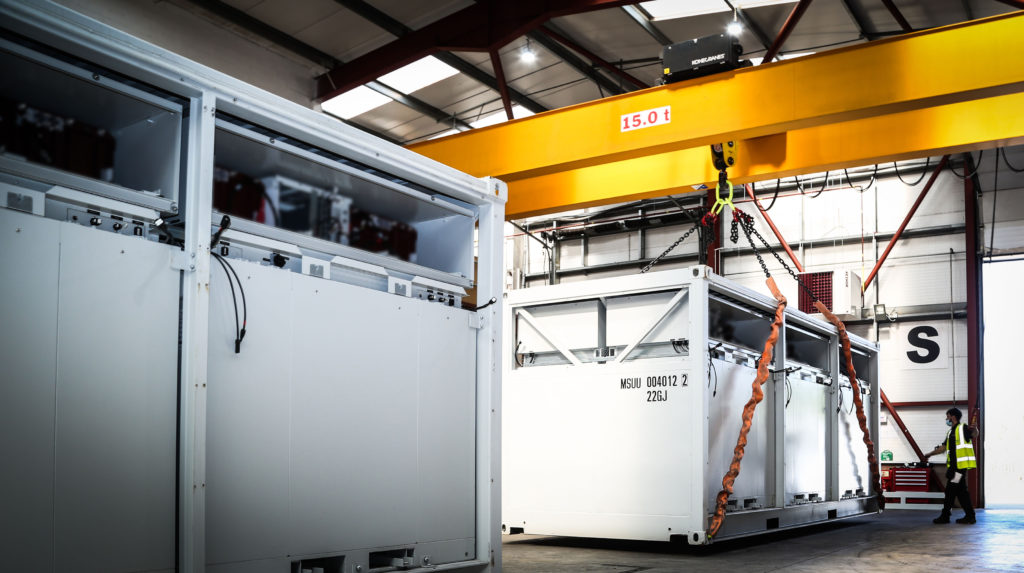
Recently formed Invinity Energy has grand plans within the battery storage industry. PV Tech sat down with its chief commercial officer, Matt Harper, to discuss the company’s objectives, where it sees itself in the industry and what the battery storage sector needs to develop at the pace required for the transition.
Critical to this development, says Harper, is a standardised business model like that of the solar power purchase agreement (PPA) and dislodging the dominance of lithium-ion batteries in the industry’s psyche.
Try Premium for just $1
- Full premium access for the first month at only $1
- Converts to an annual rate after 30 days unless cancelled
- Cancel anytime during the trial period
Premium Benefits
- Expert industry analysis and interviews
- Digital access to PV Tech Power journal
- Exclusive event discounts
Or get the full Premium subscription right away
Or continue reading this article for free
A young company with big ambitions
For a company created less than two years ago, Invinity has grand ambitions in the battery storage market – “world domination”, laughs Harper, although you can tell he’s not entirely joking. Invinity has publicly stated its intention to corner 10% of the global storage market by 2030 and Harper believes it has the product to back up these ambitions.
The company was formed in April of last year with the merger of battery storage companies Avalon and redT. Its market is vanadium flow batteries (VFB) and it has sold over 25MWh of flow batteries in 15 countries across five continents so far.
“Everything that we’ve seen over the last year and a half has absolutely validated that [merger],” says Harper. “We closed more business than either of the two companies had ever done, combined.”
Indeed, Invinity has just recently (14 October) installed and energised the 1.7MWh first phase of the Energy Superhub Oxford project’s flow battery in the UK. The project is using Invinity’s VS3 flow batteries and, once all three phases are complete, it will represent the UK’s largest flow battery at 5MWh, says Harper.
On top of this, the company, which is increasingly shifting to larger projects, signed a joint venture and commercialisation (JVC) agreement with Siemens Gamesa Renewable Energy in May to jointly develop a grid-scale VFB. Once completed, the two will collaborate on its production and roll out.
“Where we really aligned with Siemens Gamesa on this was on the absolute requirement to have very large-scale batteries that could deliver the absolute lowest levelised cost of storage as the key to continuing and accelerating the growth in the renewables market,” says Harper.
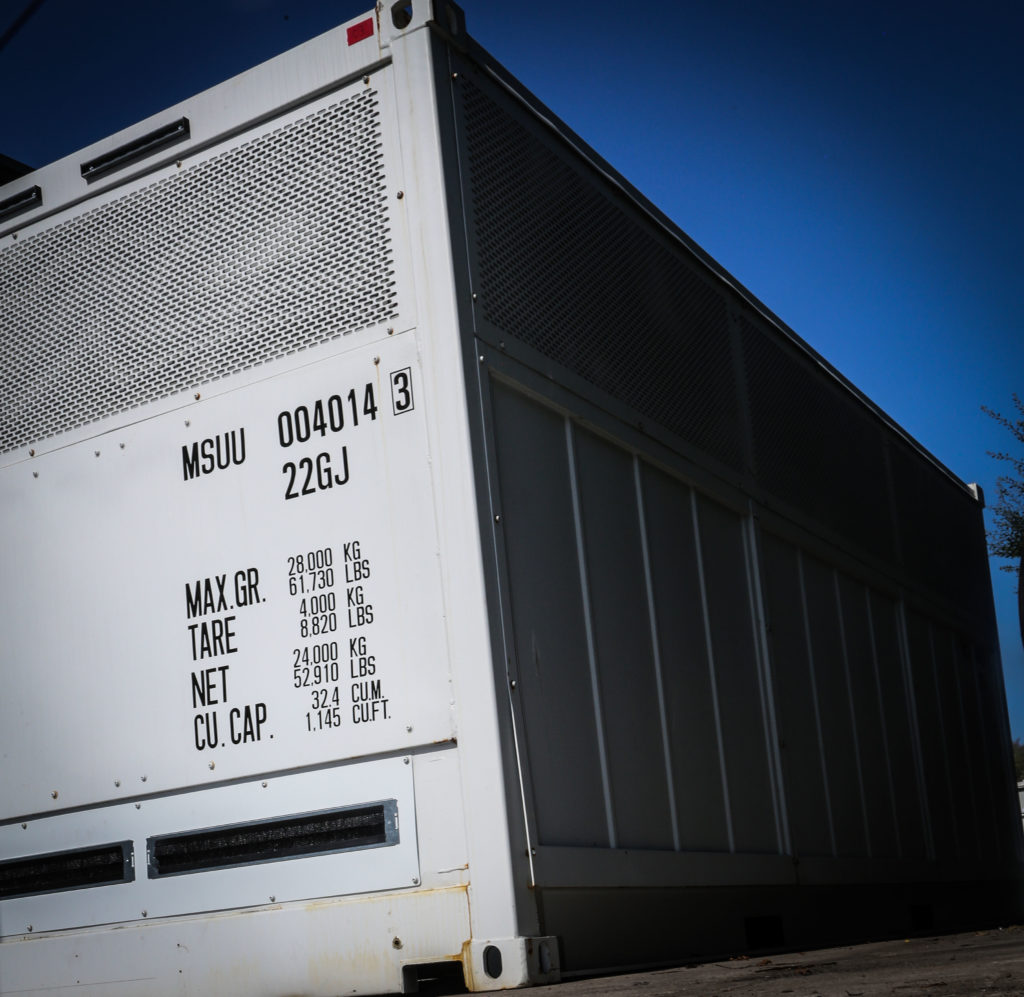
Finding a sweet spot and dispelling the dominance of lithium
Harper says Invinity’s VFB can operate in a sweet spot between short-term batteries that only have a duration of a few hours and ultra-long-term systems that discharge power over the course of months. He laments a two-dimensional landscape in the battery storage market, with short-duration lithium-ion batteries operating in 100-300 cycles a year, 15 minutes to up to four hours storage space; “that’s a great spot for lithium, right? Replacing peaker plants – Absolutely!”
The second tier is the very long, seasonal energy storage batteries capable of providing a month’s worth of power, absorbed over the summer months, during the winter period.
“But it’s that middle band that we’re looking at – between one and 10 cycles a day, and between 30 minutes and 12 hours of dispatch – that we think we’ve got a really good place to play, explicitly because of our ability to deliver ultra-high throughput,” says Harper, adding that Invinity is focused on throughput over cycle count.
He believes one of the biggest challenges Invinity faces is shaking the dominance of lithium-ion batteries. “There’s a perception in the market that grid-scale storage equals lithium – a lot of research reports don’t even differentiate between other technologies,” he explains. “In our view, lithium isn’t the right answer for a significant proportion of the things that our customers want to do with storage.”
A storage PPA that addresses cannibalisation
Harper says storage needs a standardised business model akin to the solar PPA. “I think the biggest challenge that we still face is the lack of sustainable standardised business models for our market,” he opines. “Everyone thinks that solar is huge today because modules became cheap. I would argue that solar is huge today because of the invention of the PPA and that standardisation of that type of contracting for solar.”
In the storage sector, such standardised contracts don’t necessarily exist, says Harper. Moreover, “most of the places that we see very large batteries be installed is to address some of these short-term fluctuations in power market and the problem is that it cannibalises the market.”
“The grid has not typically been built around contracts for capacity, because contracts for capacity tend to eat away at each other over time. I am hoping that the industry, regulators and policymakers can come together to come up with a sustainable long-term model for funding electric storage on the grid,” says Harper.
Whether Harper’s calls for a storage PPA materialise or not, the key for the newly formed company is to shake the hegemony of lithium and position its VFB as a viable alternative in those medium duration contexts. If it can do this effectively, it has a bright future ahead.


